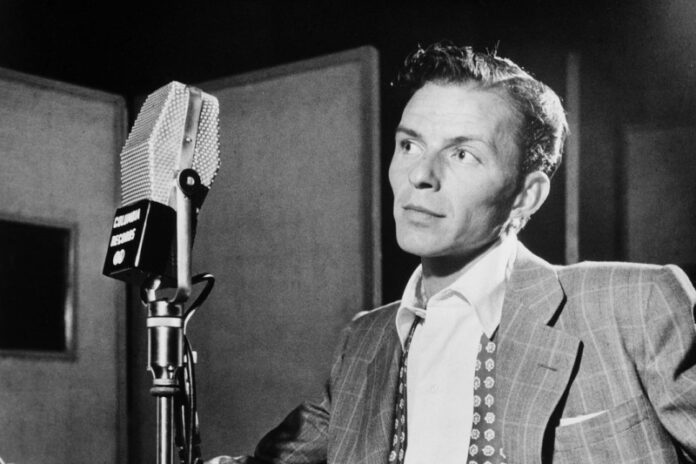From Sinatra to Bowie: the musical affair of ‘My Way’ across time
On December 30, 1968, Frank Sinatra entered a recording studio to lay down what would become one of his most iconic tracks: “My Way.” This date marks a pivotal moment in the career of the legendary crooner, an artist whose style had risked appearing dated but who, with the interpretation of this song, once again proved to be a timeless icon.
“My Way” is much more than just a song; it is an anthem to a life lived without regrets, a declaration of independence and authenticity. The universal verses of this piece have captured the imagination of millions of listeners over the years, transforming the song into an immortal masterpiece.
The connection between Frank Sinatra, David Bowie, and Sid Vicious adds an intriguing layer to the narrative of “My Way.” The song’s structure is based on Claude François’ “Comme d’Habitude,” but it was David Bowie, a young songwriter at the time, who brought this melody into English. Bowie’s attempt to create his version, titled “Even a Fool Learns To Love,” was unsuccessful, but fate had it that the initial chord sequence of “My Way” would be reinterpreted by Bowie himself in “Life On Mars.”
Paul Anka, acquiring the rights for a mere dollar, proposed the song to Frank Sinatra. The Voice, on the brink of concluding his illustrious career, saw in this piece the perfect way to exit the stage. His version was extraordinarily successful, while Bowie, a few years later, paid tribute to Sinatra with his innovative creativity.
“My Way” reached the fifth position on the UK charts and won the Grammy Hall of Fame Award in 2000. It is one of the singles that spent the most time in the UK Top 40, alongside illustrious names like Mariah Carey and the Pogues.
The 45 RPM of “My Way” was a work of transformation and reinterpretation. Paul Anka, struck by the melody of “Comme d’Habitude,” delivered to Sinatra an English version that completely deviated from the original French. The song thus becomes a personal declaration of a man reflecting on his life and having no regrets, always having lived “his way.”
The controversial interpretation of “My Way” by Sid Vicious, a former member of the Sex Pistols, was a bold chapter in the song’s history. Included in the film “The Great Rock ‘n’ Roll Swindle,” Vicious’s version added a sacrilegious touch to the piece, confirming its transversal influence in popular culture.
“My Way” has become the soundtrack for many farewell ceremonies, once again demonstrating the universal power of this song in expressing a sense of freedom and individuality. In a world where musical trends change rapidly, this song remains a timeless classic, an anthem to a life lived “in my way.”
ARTICOLO DISPONIBILE IN ITALIANO: Da Sinatra a Bowie, il flirt musicale attraverso il tempo
















